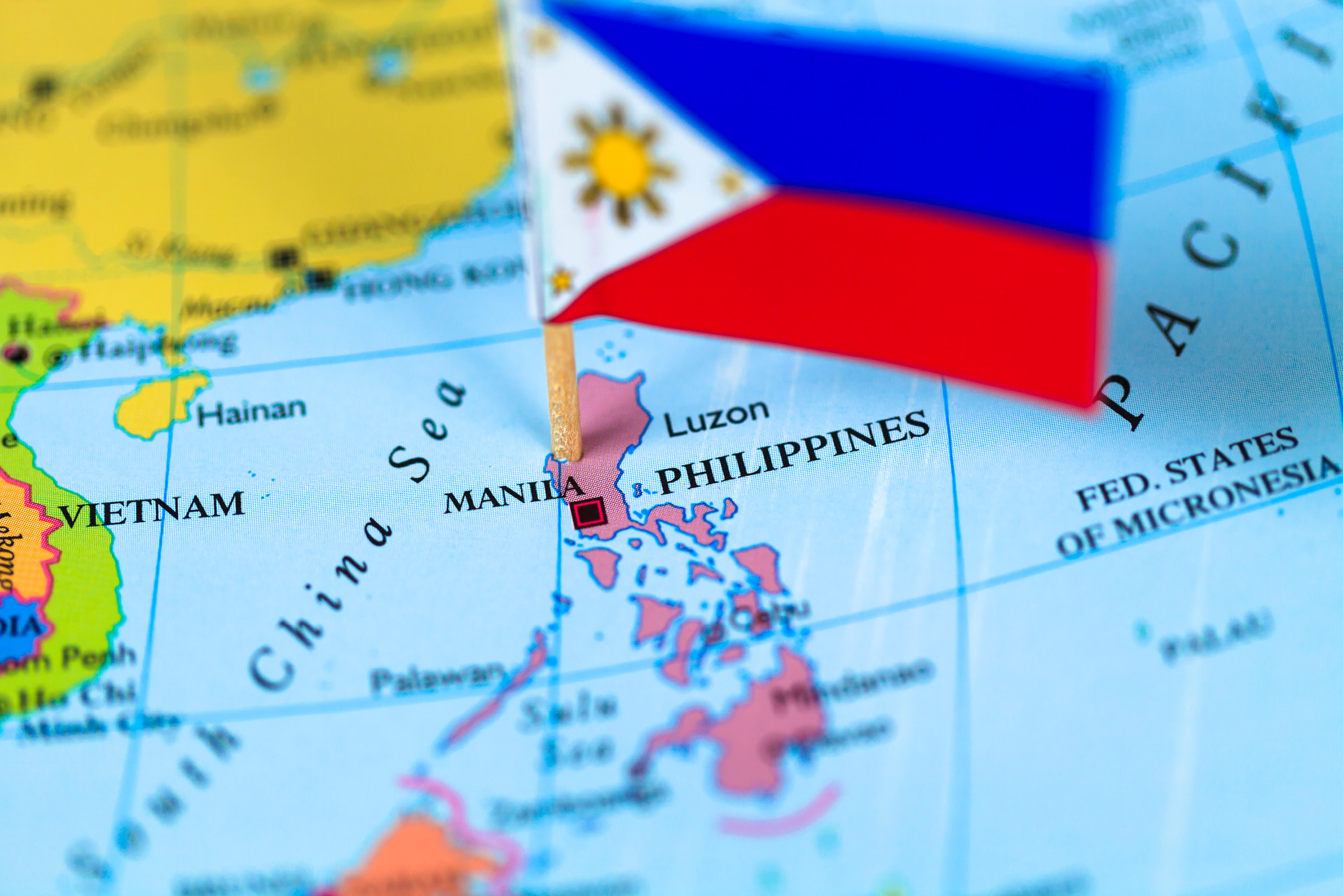Philippines Trade and Customs Environment: Import Practices and Processes
By Hoa Huynh, SSGA Technical Adviser for Southeast Asia
On Sept. 28, in cooperation with the American Chamber of Commerce Agribusiness Committee and Winrock Building Safe Agricultural Food Enterprise (B-SAFE) Project, USDA Foreign Agriculture Service Manila hosted a webinar on the Philippines trade and customs environment.
A number of relevant topics were covered by professors of the University of the Philippines College of Law, as well as customs and trade officials from the Philippines Department of Finance and Department of Trade and Industry. In addition to a few representatives of U.S. agricultural cooperators, more than 120 local traders participated in the webinar. Major discussion topics included international trade arrangements, trade processes and documentation, import tariffs, current trade practices, and customs compliance issues and audits.
A few observations:
- Importance of conformance of the country in meeting international standards: Conformance with international rules and norms becomes all the more important for Philippine companies involved in importing and exporting if they are to be able to better compete with peers in the region in light of RCEP (the Regional Comprehensive Economic Partnership is a free trade agreement among the Asia-Pacific nations) and potentially CPTPP (the Comprehensive and Progressive Agreement for Transpacific Partnership, also known as TPP11).
- Trade planning and customs compliance with a focus on preparing for customs audits: Tips on how to deal with the shift to a post-clearance audit system, which itself, is a positive move towards improved trade facilitation by relying on self-assessments rather than administrative assessments.
- Watch out for proper record keeping to knowing the proper tariff classifications and way of computing valuations: Compliance is of tantamount importance to both importers and exporters. Preparing and familiarizing for Philippine customs audit system as a way of life in international trade.
- A shipping agent commented on items that touched on a number of trade barriers in the form of NTMs (non-trade measures) and how some of these create an unequal playing field for exporters versus local players. For example, concerns over the very high penalty for typographical errors.
- A number of questions and recommendations to customs on the Post-Clearance Audit, especially the possibility of using new technologies like blockchain to promote transparency and accuracy, and the use of trade profiles to eliminate evaluation subjectivity.
- In addition, there were discussions on the idea of blanket import permits, specific tariff rates, classifications and reference values, a prospect of a U.S.-Philippines free trade agreement.
In 2020, the Philippines was the ninth-largest market for U.S. agricultural products, which reached $3.2 billion including $59 million of soybeans and $847 million of soybean meal.
Technically Speaking is an SSGA feature that includes news and information from SSGA’s IP technical advisers for North Asia (Alyson Segawa), Southeast Asia (Hoa Huynh), Europe (Eugene Philhower) and India (Philip Shull). Please reach out to them via email. They want to hear from SSGA members!







Leave a Reply
Want to join the discussion?Feel free to contribute!